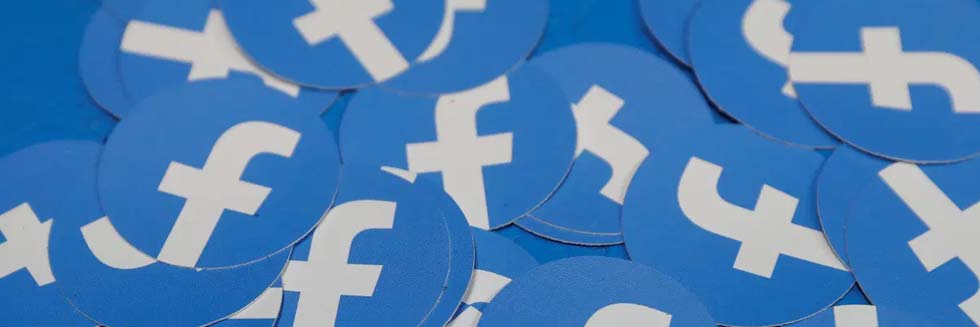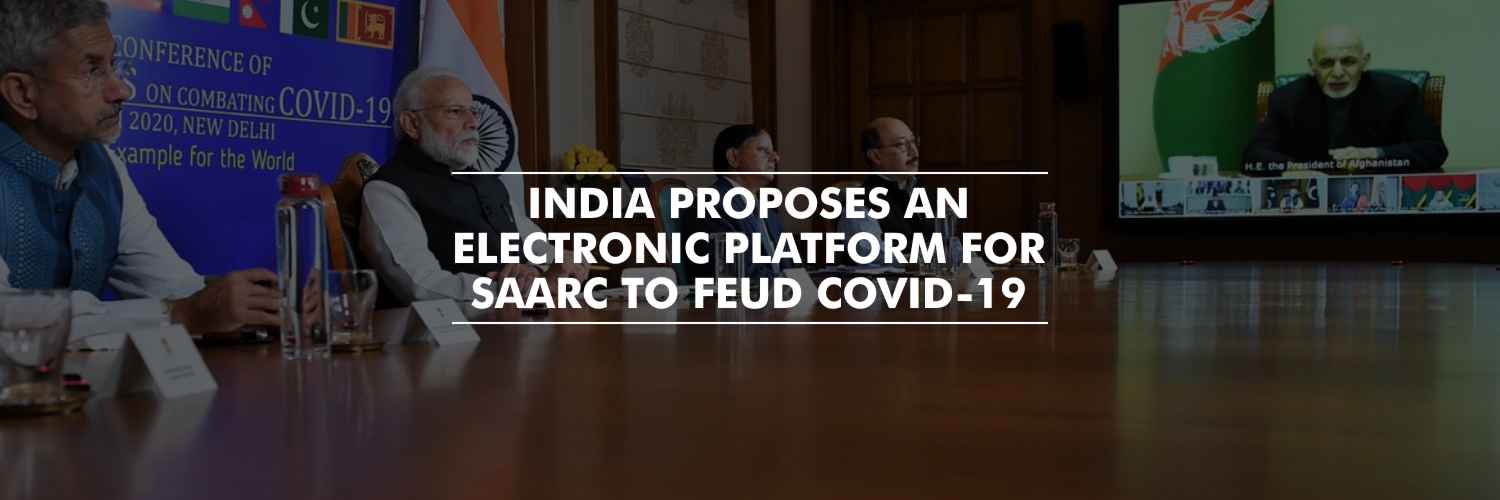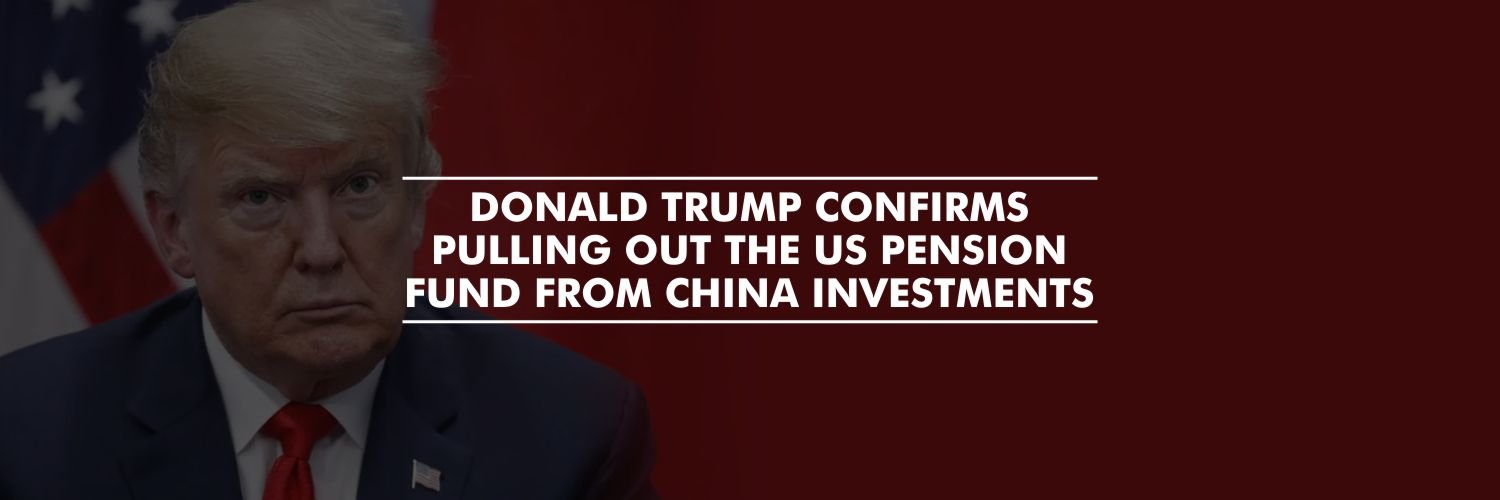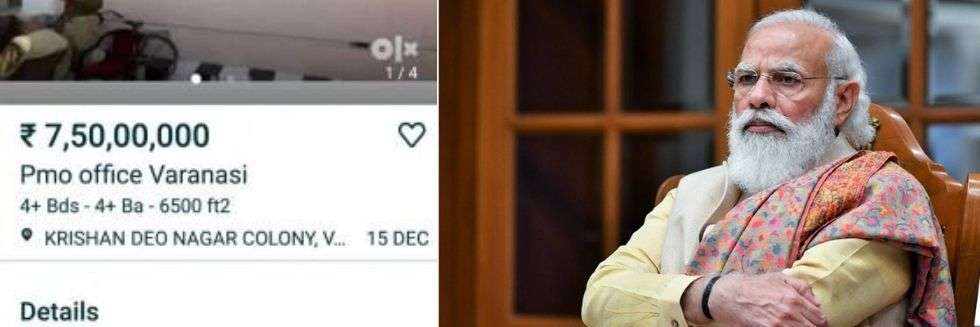The United States government along with 48 states and districts sued Facebook Wednesday, accusing it of abusing its market power in social networking to crush smaller competitors and seeking remedies that could include a forced spinoff of the social network’s Instagram and WhatsApp messaging services.
The landmark antitrust lawsuits, announced by the Federal Trade Commission and New York Attorney General Letitia James, mark the second major government offensive this year against seemingly untouchable tech behemoths. Earlier, in October, the Justice Department sued Google for abusing its dominance in online search and advertising – the government’s most significant attempt to buttress competition since its historic case against Microsoft two decades ago. Amazon and Apple have also been under investigation in Congress and by federal authorities for alleged anticompetitive conduct.
“It is really critically important that we block this predatory acquisition of companies and that we restore confidence to the market,” noted New York Attorney General Letitia James.
On the other hand, the Federal Trade Commission said that Facebook has engaged in a “systematic strategy” to eliminate its competition, including by purchasing smaller up-and-coming rivals like Instagram in 2012 and WhatsApp in 2014.
Earlier in 2019, the FTC fined Facebook $5 billion for privacy violations and instituted new oversight and restrictions on its business. The fine was the largest the agency has ever levied on a tech company, although it had no visible impact on Facebook’s business.
The New York Attorney General Letitia James alleged that Facebook had a practice of opening its site to third-party app developers, then abruptly cutting off developers that it saw as a threat. The lawsuit — which includes 46 states, Guam, and the District of Columbia — accuses Facebook of anti-competitive conduct and using its market dominance to harvest consumer data and reap a fortune in advertising revenues.
President-elect Joe Biden has said the breakup of Big Tech giants should be seriously considered. He has singled out Facebook’s Zuckerberg for scorn, calling him “a real problem.”
Instagram and WhatsApp are among some 70 companies that Facebook has acquired over the past 15 years. But they are the ones most frequently held up by Facebook critics as properties that should be split off.
Facebook paid $1 billion for Instagram, bolstering the social network’s business a month before its stock went public. At the time, the photo-sharing app had about 30 million users and wasn’t producing any revenue. A few years later, Facebook acquired WhatsApp, an encrypted messaging service, for $19 billion.
Zuckerberg vowed both companies would be run independently, but over the years the services have become increasingly integrated. Users are now able to link accounts and share content across the platforms. Instagram now has more than 1 billion users worldwide. Such integration could make it more difficult to break off the companies.
NetChoice, a Washington trade association that includes Facebook as a member, quickly panned the lawsuits. The case for antitrust enforcement against Facebook “has never been weaker,” NetChoice vice president Carl Szabo said in a statement, pointing to newer social services such as TikTok and Snapchat as rivals that could “overtake” older platforms.
“These lawsuits mark an important turning point in the battle to rein in Big Tech monopolies and to reinvigorate antitrust enforcement,” said Alex Harman, competition policy advocate for Public Citizen, a nonprofit consumer advocacy group.
Meanwhile, Facebook called the government actions “revisionist history” that punishes successful businesses and noted that the FTC cleared the Instagram and WhatsApp acquisitions years ago. “The government now wants a do-over, sending a chilling warning to American business that no sale is ever final,” Facebook general counsel Jennifer Newstead said in a statement that echoed the company’s response to a recent congressional antitrust probe.






